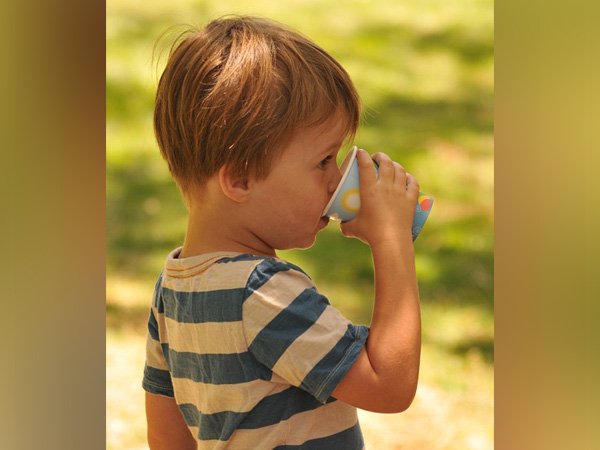PwC, Save the Children study highlights how climate change impacting households, children
The growing instances of extreme weather events like floods, cyclones, erosions in disaster-prone areas increase the socioeconomic and psychosocial vulnerabilities of the children living in these geographies and threaten their fundamental rights, the report said. The key findings of the study include: three in four households in most districts said that rainfall had decreased, at least 60 per cent of the households said climate crises impacted their economic situation, up to 90 per cent saw a negative impact of climate crises on drinking water and up to 75 per cent of the households saw their houses damaged by climate crisis-related events.

- Country:
- India
At least 60 per cent of the over 630 households that participated in a survey across three states said extreme weather conditions have impacted their economic situation, while up to 58 per cent of the respondents said their children faced health issues due to climate crises. The 'Protect a Generation: Climate security for India's children' report by PwC India and Save the Children India is based on a year-long study of 636 households in Uttarakhand, Madhya Pradesh and West Bengal, covering three different hazard-prone ecosystems – floods, droughts and cyclones, the report says. The study aims to understand the impact of climate change on children, identify risk and mitigation strategies and develop a roadmap for a climate-resilient future. The growing instances of extreme weather events like floods, cyclones, erosions in disaster-prone areas increase the socioeconomic and psychosocial vulnerabilities of the children living in these geographies and threaten their fundamental rights, the report said.
The key findings of the study include: three in four households in most districts said that rainfall had decreased, at least 60 per cent of the households said climate crises impacted their economic situation, up to 90 per cent saw a negative impact of climate crises on drinking water and up to 75 per cent of the households saw their houses damaged by climate crisis-related events. "Up to 14 per cent of the respondents knew at least one family member that migrated because of a climate-related disaster,” the study report said. “In some areas, up to 20 per cent of the respondents intended to migrate.” Depending on the region, up to 58 per cent of the respondents said that their children faced health issues such as dehydration, skin diseases and allergies due to rising temperatures, it said.
In several districts, more than 50 per cent of the respondents said that children could not play outside due to the heat, according to the report. “The climate and environmental crisis is an intergenerational child rights crisis that threatens children's survival, learning and protection around the world today and tomorrow with the most marginalised and deprived children at greatest risk. “The report highlights the impact of such disasters on marginalised and vulnerable children,” said Sudarshan Suchi, the CEO of Save the Children. PwC India said in a tweet, “Climate change is real & it's already impacting the fundamental rights of our children.”
(This story has not been edited by Devdiscourse staff and is auto-generated from a syndicated feed.)
- READ MORE ON:
- Madhya Pradesh
- West Bengal
- Sudarshan Suchi
- The 'Protect a Generation:
ALSO READ
Tragic Case of Juvenile Crime: A Distressing Incident in Madhya Pradesh
Tragic Road Accident Claims Two Lives in Madhya Pradesh
Madhya Pradesh IPS Reshuffle Sparks New Appointments Across Key Positions
Controversy in Madhya Pradesh: BJP Leader Accused of Assault in Viral Incident
Unseasonal Rainfall Causes Crop Havoc in Madhya Pradesh










